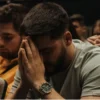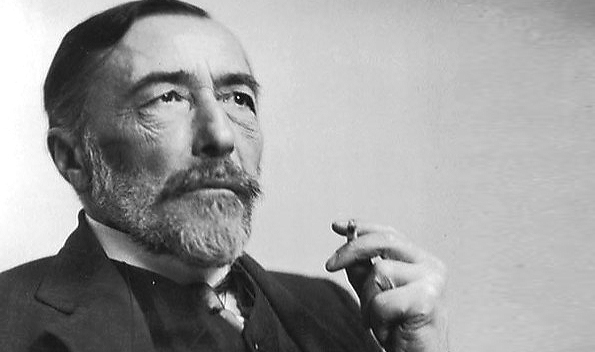Most Read from past 24 hours
Why Faith Is Not Irrational
- Culture, Featured, Philosophy, Religion
- February 18, 2026






No doubt, you’ve seen a few headlines like this example from The Washington Post: In a rather interesting opinion piece in The New York Times, Mark Follman, an editor at Mother Jones, throws some cold water on the claim that there have been more mass-shootings this year than actual days of the year. Frankly, it’s
READ MORE
Let’s face it: we all have holes in our education. In part, this is because we can only fit so much into the years of our formal education. But the holes in our education are also due to the fact that we no longer have a standard canon of sources that we are expected to
READ MORE
At this point, there is an odd sort of quiet on social media regarding the San Bernardino shootings. The list of what’s currently trending at mid-day on Friday after all of the revelations that indicate that the shooting was an act of terrorism is quite curious: Planned Parenthood funding, Scott Weiland, Iowa, Facebook, and Laquan
READ MORE
In the last few years, countless school districts have passed initiatives to get iPads in the hands of every student. The rationale is that access to technology will improve learning and shrink achievement gaps between white and non-white students. But as teacher Launa Hall discovered, iPads in the classroom actually deter learning and other important
READ MORE
Yesterday, the internet was filled with praise for the story of a woman who bought a cake (pictured above) decorated by an employee with autism. NBC News reports: “Lisa Sarber Aldrich of Grand Rapids wrote on Facebook that she went to a Meijer grocery store to pick out a cake when she asked a ‘bakery-looking
READ MORE
1. “Being a woman is a terribly difficult trade since it consists principally of dealings with men.” 2. “It is not the clear-sighted who lead the world. Great achievements are accomplished in a blessed, warm mental fog.” 3. “A man is a worker. If he is not that he is nothing.” 4.
READ MORE